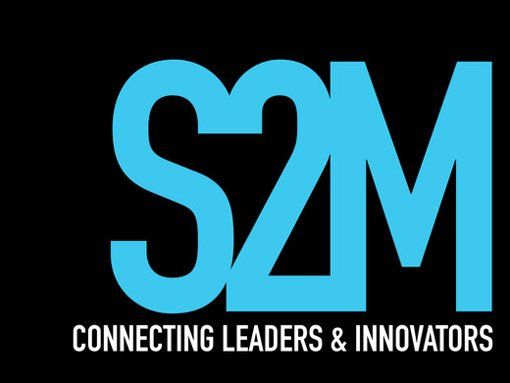Are social channels relevant to B2B organisations?
It seems like most organisations struggle with social media. With social media on almost every device occupying a very solid chunk of time for people, it has become increasingly important to get social media channels right to stay relevant.
If you consider the use case for social media, users are using social to occupy time in their offices, on transport, at home or even during leisure time. With the sheer volume of eyeballs on social comes the opportunity for incredible exposure. It could almost be said that social media has overtaken traditional media as the main area that a business can build their profile.
For B2Bs, the line begins to blur as to whether to utilise social channels. Most social channels are directly aimed at B2C interaction, and the majority of Facebook Business and Twitter are catered towards building B2C interaction. This doesn’t mean that B2Bs cannot use social channels to appeal to their customers. There are many examples of B2Bs that have found new business through social channels, so with the right strategy your B2B can also take advantage of this. Below, I’ll outline ways to help your B2B organisation get the most out of social.
Why social channels are relevant
Social channels rely on C2C interaction. Ultimately every business owner is a customer of something, and understanding that allows you to adopt social channels in a different light. It’s incredibly important to understand that social media is a minefield, and trying to interact with customers as a business is one of the worst ways to build your business profile. Customers don’t want to see you as a business on social media, they want to see you as a person.
For B2Bs, this principle is no different. People on social media want to see your business as a collection of people, not as a business. Doing this raises your business profile, and in turn can drive new people to your business. As a bonus, social media is one of the most inexpensive ways to showcase the people in your business. Being personable is a key quality in building your profile, and in turn drives traffic to your business.
Paid advertising on social for B2Bs
Paid advertising is also another point of contention for B2Bs. There seems to be a consensus belief that paid advertising on social is irrelevant, and most B2Bs will focus on search engine marketing for their main advertising channels.
If most people are spending their time on social media instead of searching, it would make a lot more sense to seize on any number of campaign strategies on social media to obtain customers. Facebook especially offers a number of campaign strategies to help with that. I’ve seen businesses use “third video” strategy (having their advertisement play as the third video in a chain of unrelated videos), as well as promoted posts or even using influencer marketing to get their brand into the minds of other businesses.
Of course, it depends on what type of B2B you are. If your B2B deals with large corporates, it is much harder to use social for advertising. For these types of businesses, using social channels to show the personal side of the business is a great way to showcase your brand subtly. For B2Bs aimed at small businesses, there really is no reason why you wouldn’t engage in social media advertising. Social media is cheap, reliable and precise.
Yes, social channels are relevant for B2Bs. It’s just a matter of how you want to use it.






